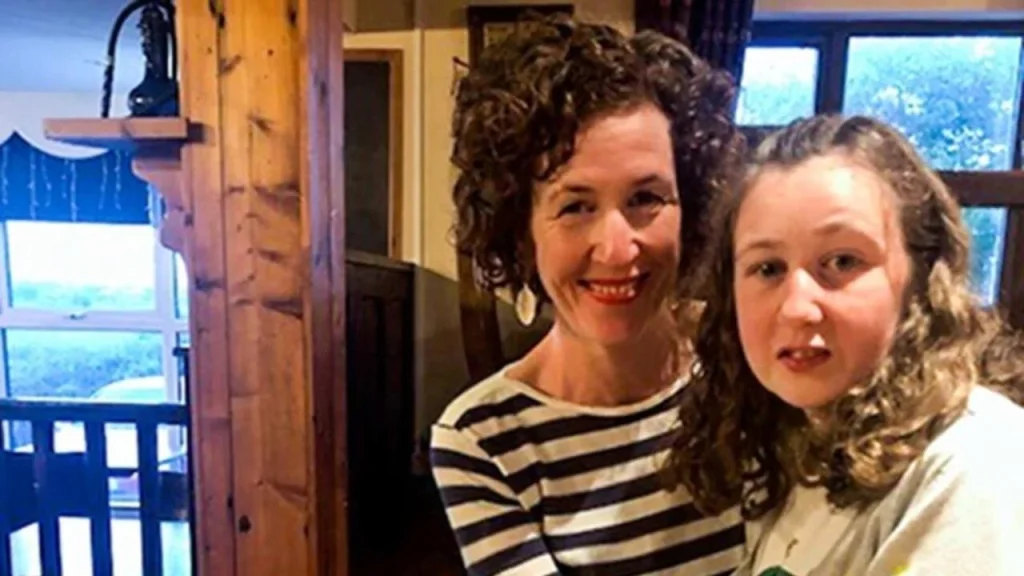On January 4, 2021, Malaysian coroner Maimoonah Aid ruled that Nora Anne Quoirin, a 15-year-old with learning difficulties, died by misadventure after vanishing from the Dusun Resort near Kuala Lumpur in August 2019.
Aid, delivering the verdict online due to COVID-19 restrictions, found no evidence of murder or sexual assault, concluding Quoirin likely wandered off and got lost.
Details of the Incident
Quoirin disappeared on August 4, 2019, a day after her family checked into the resort. A 10-day search involving hundreds of rescuers located her body in a rainforest 2.5 km away. An autopsy revealed she likely starved and died from internal bleeding after days in the jungle, with police finding no signs of foul play.
Parents’ Abduction Claims
Nora’s parents, Meabh and Sebastien Quoirin, rejected the misadventure ruling, insisting their daughter’s condition made it unlikely for her to wander off alone at night. They believed she was abducted, citing her developmental challenges. Despite their concerns, the coroner upheld the police’s hypothesis that Nora left the resort suite on her own.
Investigation and Evidence
Coroner Aid reviewed extensive evidence, including police reports and autopsy findings, before concluding, “No one was involved in Nora’s death.” The investigation found no third-party involvement, aligning with Malaysia’s initial assessment. The case drew global attention, with parallels to missing person cases in challenging terrains.
Context and Implications
The ruling, reported by outlets like BBC News, closed a high-profile case but left the Quoirin family dissatisfied. Malaysia’s handling of the investigation faced scrutiny, with the family’s lawyer questioning the lack of forensic evidence supporting abduction. The verdict highlighted challenges in balancing family perspectives with official findings in complex cases.






